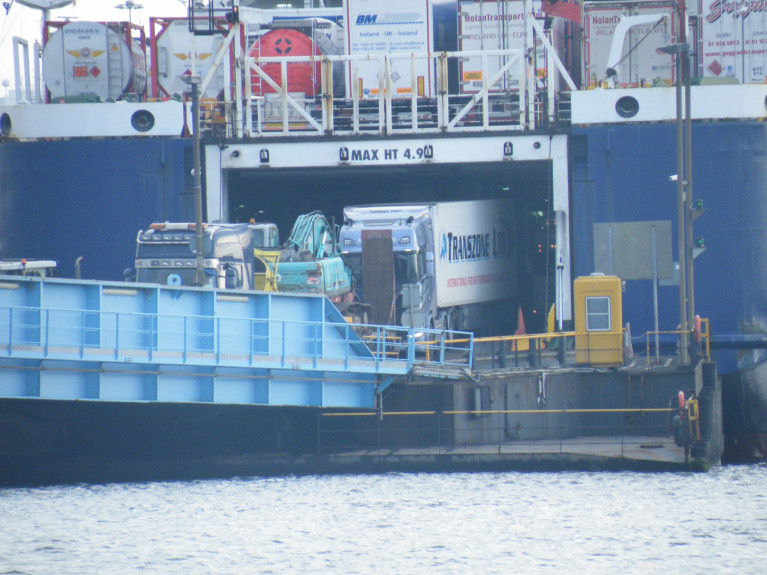Displaying items by tag: IEA welcome
Following the cabinet’s approval of the Climate Action & Low Carbon Development (Amendment) Bill 2021, the Irish Exporters Association has welcomed the bill.
The bill enshrines carbon neutrality by 2050 into Irish law through the national climate objective - a key aim that underpins the European Green Deal.
Chief Executive of the IEA Simon McKeever commented: “We welcome the approval of the Climate Action and Low Carbon Development (Amendment) Bill 2021. The IEA will work to prepare members for the inevitable policy changes driven by the Bill and indeed the EU Green Deal.
For too long Ireland has lagged in the area of climate action.
The publication of this Bill shows to all parts of society, including the Irish business community, that Ireland will live up to commitments set out in the Paris Agreement which are already written into EU law and the steps must be taken now to achieve the ambitions laid out in the Bill.
It is our place to communicate the aims of the Bill to our members and to support exporters, importers and supply chain actors by informing them of practices they will have to integrate into their operations in order to reach the 2050 target of climate neutrality and indeed the target of reducing emissions by 51% by 2030. Achieving this aim requires buy-in from all sections of society, and the IEA is committed to supporting our members reach this target and play their part.
Sustainable trade and investment are key policy priorities for the IEA. Efforts to tackle climate change and support the transition to more environmentally sustainable practices, that many businesses have already committed to, need to be brought back to the fore and considered as part of Ireland’s overall economic recovery strategy.
We look forward to working with our members by supporting movements towards more sustainable business practices in line with Irish and EU legislation.”
























































